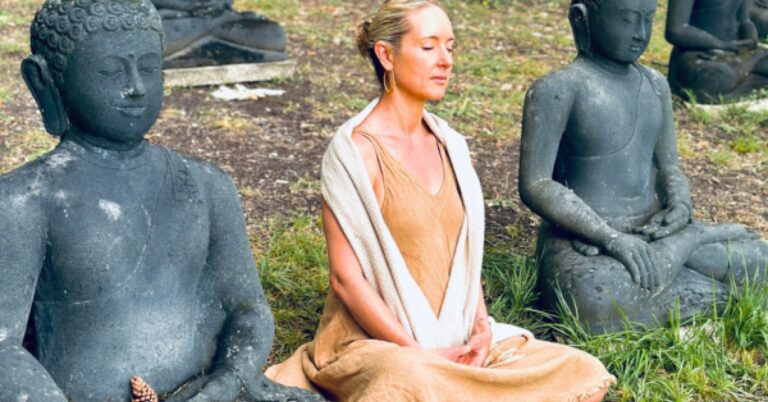
Source: cottonbro studio / Pexels
The common factors in all persistent unhappiness, mental illness, emotional disorder, and relationship dysfunction are rigid perspectives. Almost always narrow in scope, rigid perspectives are:
- Self-obsessed (no other perspective matters)
- Oversimplified (ignoring or dismissing evidence)
- Wrong (at least in part).
Narrow and rigid perspectives can make you resentful, angry, and depressed. They increase emotional reactivity and evoke negative, sometimes extreme reactions in others. They can drive you mad.
Shame and fear are major contributors to perspective rigidity. Specifically, we fear that widening perspectives will let in information that exposes failures and shortcomings. For example, seeing my wife’s perspective would reveal that I’ve been a jerk. Admitting input from opposing political parties would show that I must forsake my own. Understanding how farm animals suffer would force me to become a vegetarian.
Perhaps the most important skill for emotional well-being is the ability to regulate the fear and shame that keep us from widening perspectives and making them more flexible. A great many psychotherapy hours go to widening client perspectives.
Here’s a formula for widening your perspectives on your own:
- State your perspective
- Try to expand it.
Examples
My perspective: My wife is a nag.
Expansion: My wife feels unheard.
My perspective: She’s lounging in the sun while I’m working in the yard.
Expansion: She doesn’t share my tendency toward obsessive-compulsive disorder (OCD); she needs a respite from living with an OCD partner.
My perspective: Hardly anyone is worthy of trust.
Expansion: I have a hard time trusting.
My perspective: This country has a Republican (Democratic, religious, atheist) problem.
Expansion: This country has an intolerance problem.
My perspective: Our country is filled with crazies.
Expansion: Our country has many people who feel disregarded and disenfranchised.
Widening perspectives puts you in touch with your deeper, more humane values and makes you smarter, healthier, and happier.
A Better Future
We think of our future as anticipated memories.
—Daniel Kahneman
There’s good news and bad news in Kahneman’s landmark research.
The bad news: Predictions of the future are based on the past; we tend to repeat emotional mistakes over and over. Memory has a negative bias; positive memories are unlikely to be recalled if they fall under a 5-to-1 ratio to the negative. Otherwise, we project negative memories into the future, which then become a self-fulfilling prophecy.
The good news: We can create the future memories we want, especially in our most important relationships.
Exercise
Fast forward five years from now, and describe the memories you most want to have. Examples:
- Work accomplishments
- Friendships
- A meaningful life.
Write what you’ll need to do to create the memories you want. Examples:
- At work: Practice due diligence, make my best effort, compensate for any mistakes, cooperate in teamwork, and model leadership qualities.
- With friends: Support and enjoy them.
- For a meaningful life: I stay true to my deeper humane values.
Fast forward five years from now, and describe the relationship memories you most want to have. Examples:
- We had fun together.
- We supported each other.
- We shared good experiences.
- We shared burdens and losses.
- We felt connected during intimacy.
Write what you’ll need to do to create the memories you want. Examples:
- During fun activities, I’ll focus on appreciating my partner’s company.
- I’ll support my partner’s emotional, intellectual, and spiritual growth.
- I’ll do my best to protect my partner’s well-being in good times and bad.
- I’ll feel love for my partner and transmit the feeling through my body when my partner is open to receiving it.
The secret of a better future:
- Focus your efforts on what you will do, not on what others might do.
Your only chance of having the life you most want is to be the person, partner, parent, and worker you most want to be. That will almost certainly require widening your perspectives.




















+ There are no comments
Add yours